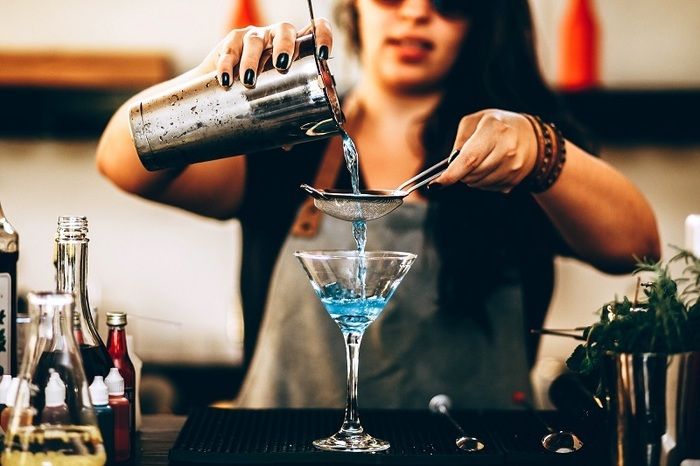How does the School Balance Theory and Practice in Bartending
To equip prospective mixologists for the difficulties they will encounter in the real-world bar setting, a thorough education is needed. Good bartending schools strike a careful balance between imparting academic information and practical experience. This article will examine the methods used by schools to maintain this equilibrium and provide their pupils with a well-rounded education.
Philosophical Underpinnings:
Every educational program needs a strong theoretical basis, and bartending schools are no exception. The origins of cocktails, spirits, and bartender etiquette are covered in mixology class. These theoretical components provide students a background knowledge of their field and enable them to see the importance of the abilities they will learn.
Curriculum that is Structured:
The curricula of bartending schools are carefully planned to include a broad spectrum of theoretical ideas. This organized method teaches mixology basics including cocktail recipes, component understanding, and taste matching. Before tackling practical applications, students may better understand the theoretical nuances with the support of a well-structured curriculum.
Practical Instruction:
A key component of any respectable bartending school is practical instruction, which refines practical bartending abilities. These educational establishments acknowledge the significance of converting academic knowledge into practical skill. Simulated bar sets and interactive sessions teach students how to mix cocktails, use bar equipment, and multitask in a fast-paced bar environment.
Simulated Bar Scenes:
Bartending schools often develop simulated bar settings that closely resemble real bars in order to close the gap between theory and practice. This gives students the opportunity to get used to the workspace, tools, and procedures they will likely meet in the workplace of the future. Mock bars let students to practice their theoretical knowledge in a secure environment, boosting their confidence.
Instructors with Experience in Industry:
Having knowledgeable teachers with extensive expertise in the bartending field is essential to maintaining a balance between theory and practice. These experts provide practical advice, share personal experiences, and help students apply their academic knowledge in the workplace. The comprehensive growth of prospective bartenders is greatly aided by the knowledge of these teachers.
Constant Assessment and Input:
Bartending schools use an ongoing assessment method to track their students’ progress in both theoretical knowledge and practical abilities. Regular evaluations, quizzes, and practical examinations keep students motivated and learning. Giving pupils constructive criticism from teachers encourages a culture of lifelong learning by assisting them in identifying areas in which they may grow. Consider enrolling in a top bartending school in Reno for a well-rounded education that combines theory and practice.
Conclusion:
To achieve the ideal mix between academic knowledge and real-world bartending abilities, a good bartending school will go to tremendous measures. The interaction of these two elements guarantees that graduates are prepared to handle the many obstacles that face the contemporary bar sector. At respected schools, theoretical and practical training blend perfectly for bartenders.
